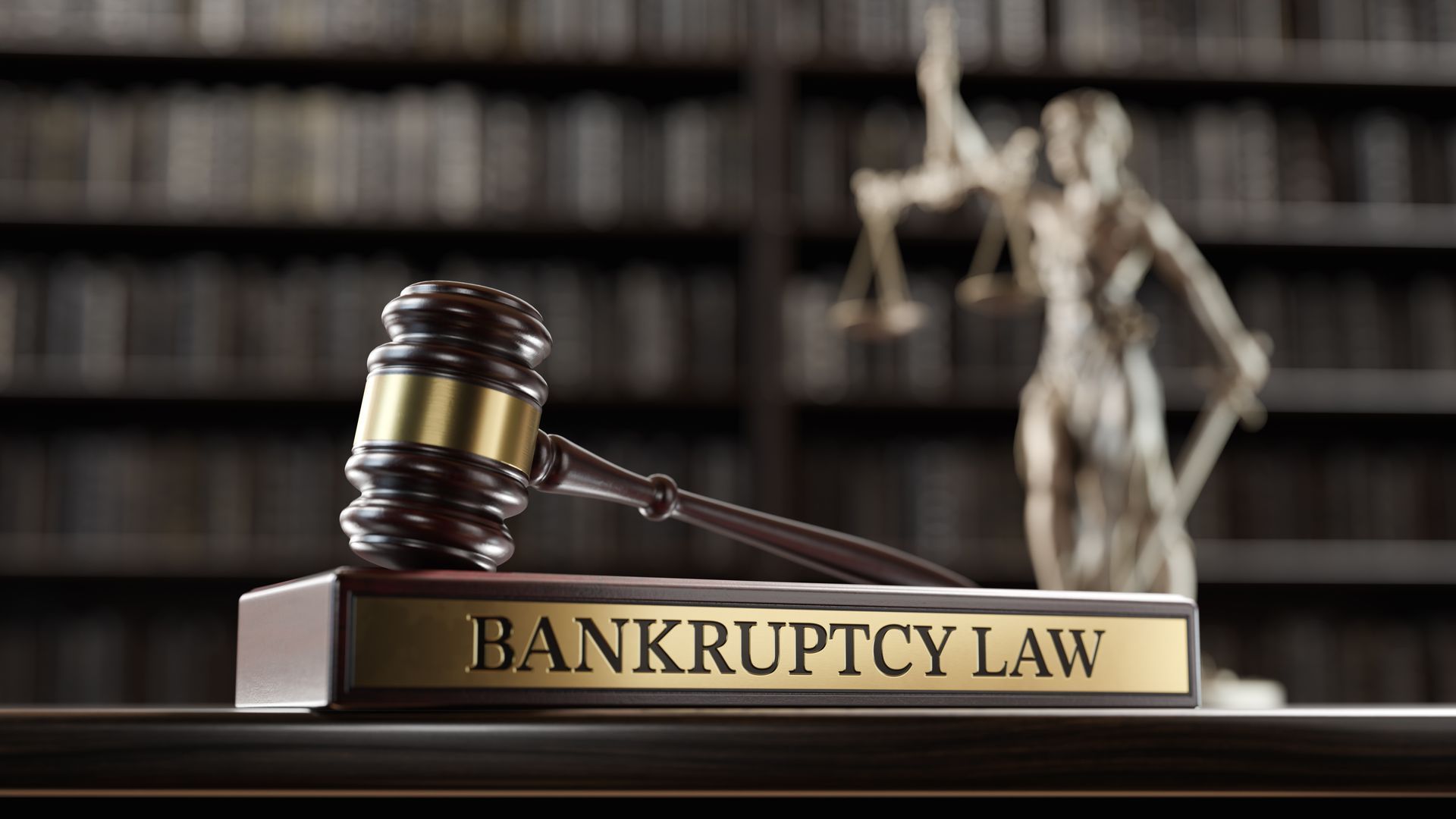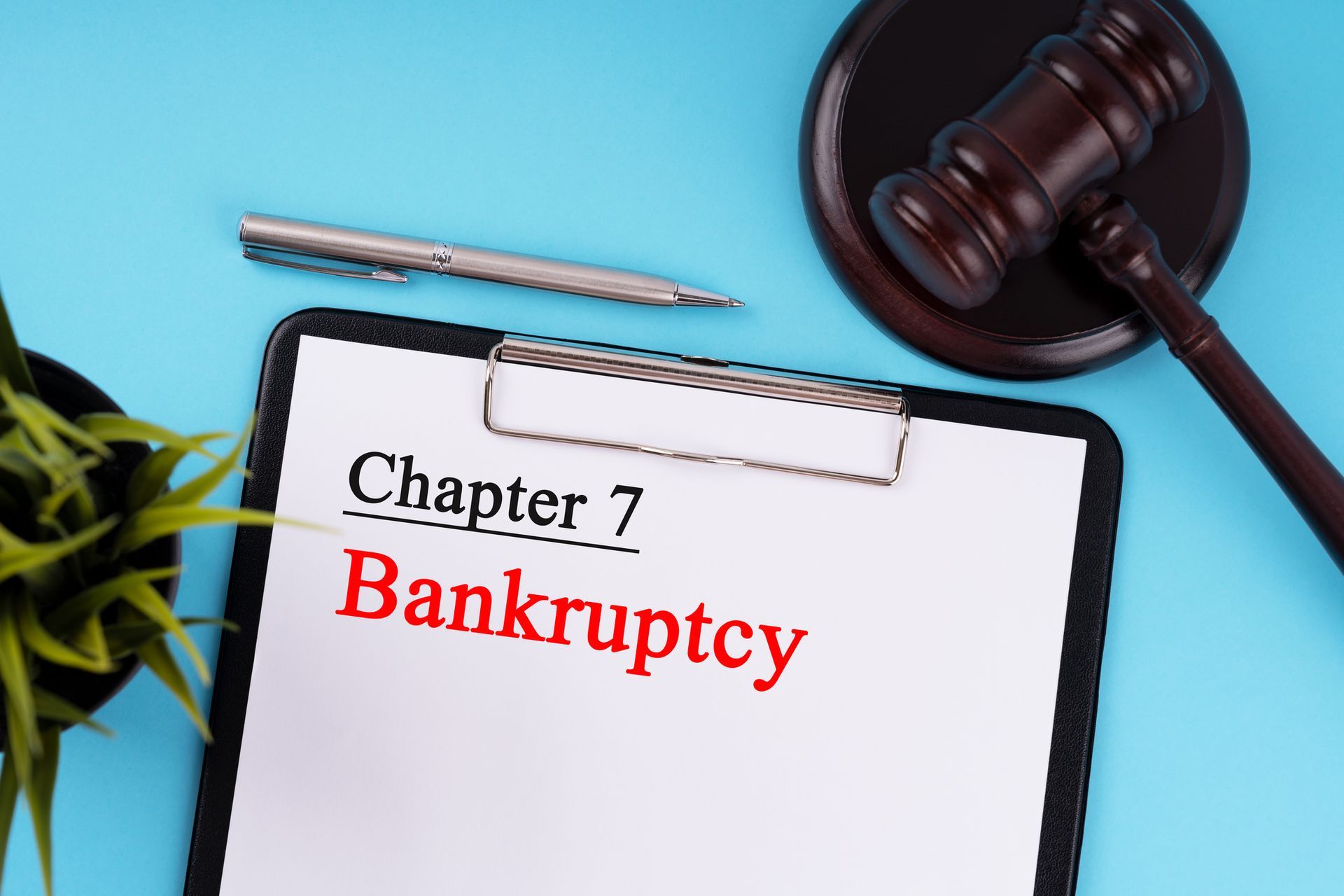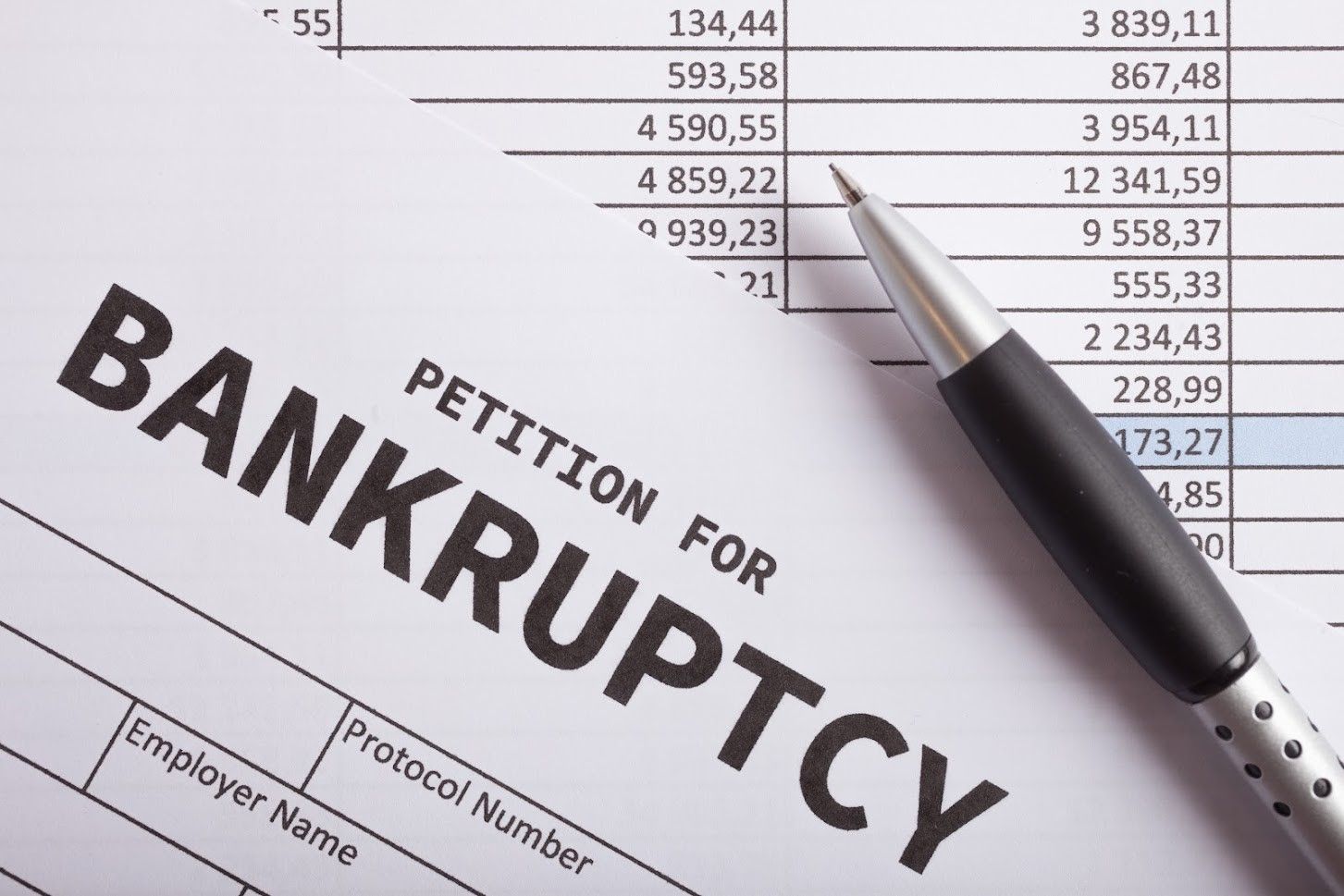5 Bankruptcy Tips to Help You Avoid a Second One

Most Americans who seek bankruptcy protection avoid the need to file for bankruptcy a second time. But even though this safety net remains a future option for nearly all debtors, you undoubtedly never want to have to make use of it. So what can you do during your first bankruptcy to help prevent another one? Here are five tips.
1. Resolve the Root Problems
What events led you to bankruptcy? Was it a single life event, like a medical emergency or divorce? Or was it a long history of not being able to live within your means? Perhaps you made some isolated unwise choices. Evaluate what you can learn from this experience and how you can use it to help you later.
Your first bankruptcy will wipe out much or all of your burdensome debts, but resolving the reasons you ended up here will help you avoid a second one.
2. Exempt the Right Assets
As you choose the best way to use your bankruptcy exemptions, make choices that will best contribute to your future financial health.
Some exemptions can be personal, such as exempting your grandmother's jewelry collection. Other choices should be based on focusing on building a strong financial future. For example, if you can exempt more of your bank account rather than a second vehicle, you may find the extra savings helps you avoid relying on bad debt when an emergency arises in the future.
3. Use Your Work as a Guide
Filing for bankruptcy requires you to gather a lot of financial information and put everything down in writing. You'll complete worksheets that involve your income and expenses. You will also see standard costs of living in your region. Finally, you can use this knowledge to prepare a repayment plan for the next three to five years.
After doing all this work, use this as an educational experience and basis to craft your budget for the future. Evaluate all your costs once you have themall in one place. Apply what you learn in the mandatory financial education courses. After you complete a payment plan, try to put that monthly money into smart investments instead.
4. Consider Reaffirmation Carefully
The reaffirmation of secured loans is the process wherein a debtor in bankruptcy may keep assets that serve as collateral (such as a home or car) by agreeing to pay the associate loans. This can be a great help to protect your family home or your transportation, but it obligates you to that debt too. Make sure you really need to reaffirm those loans and that you can afford them.
5. Be Careful With Chapter 13
Some debtors have to use Chapter 13 because they cannot qualify for Chapter 7. Others choose Chapter 13 in order to protect more assets. But if you do enter into repayment bankruptcy, manage this process carefully.
First, ensure that you make a workable payment plan and budget so you avoid defaulting on your payment plan and converting to liquidation. Only reaffirm loans you can afford. Next, amend your payment plan as your circumstances change. Finally, if you do have the choice of either chapter, choose the one that results in the best financial situation in the long run - even if it's not the one you prefer.
Where to Find More Help
Want more help to structure your current bankruptcy and learn from it so you avoid a second one? Start by consulting with an experienced bankruptcy attorney in your state. Michigan residents can call on Charles J Schneider PC. With more than 45 years of experience, we can help you put yourself in the best position to thrive in the future and will help you if bankruptcy ever becomes necessary again.























